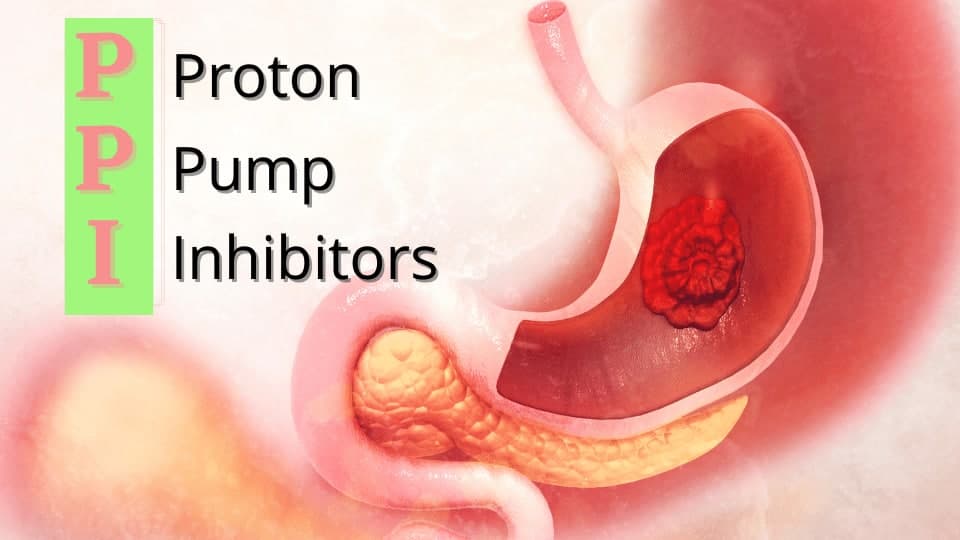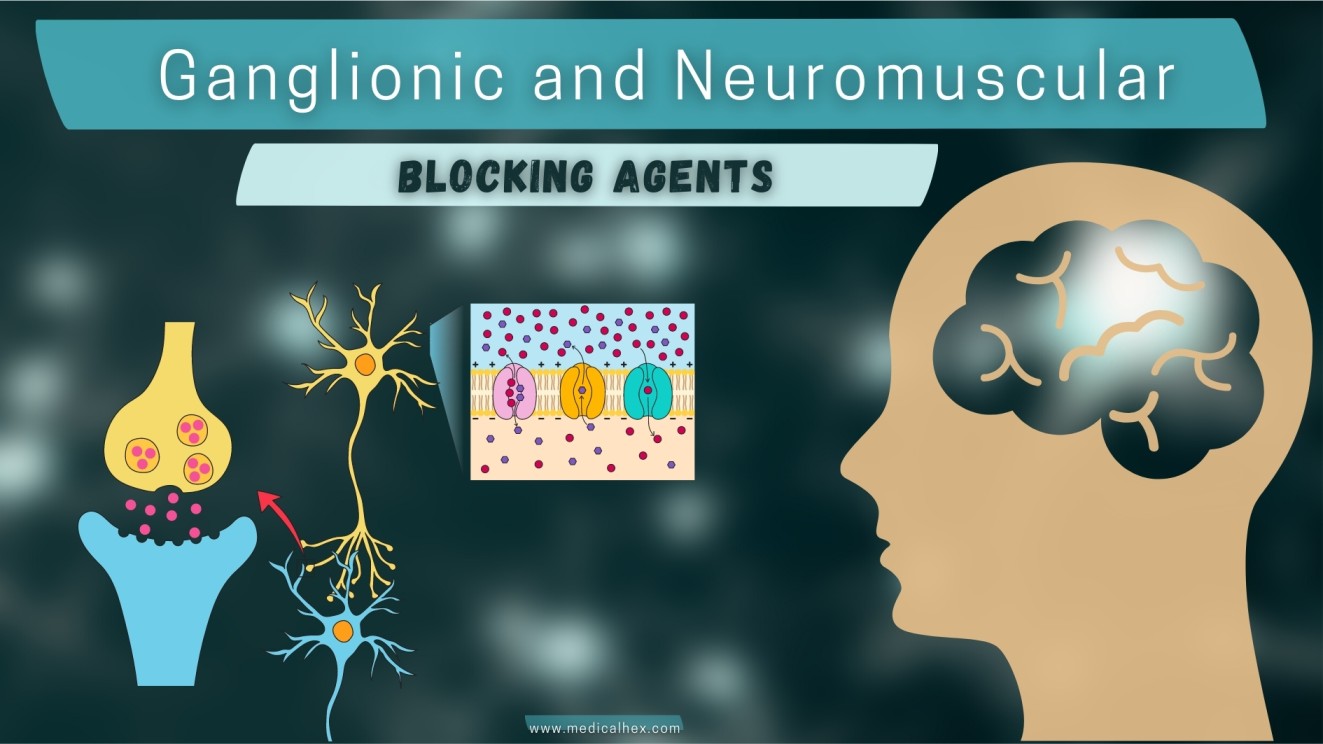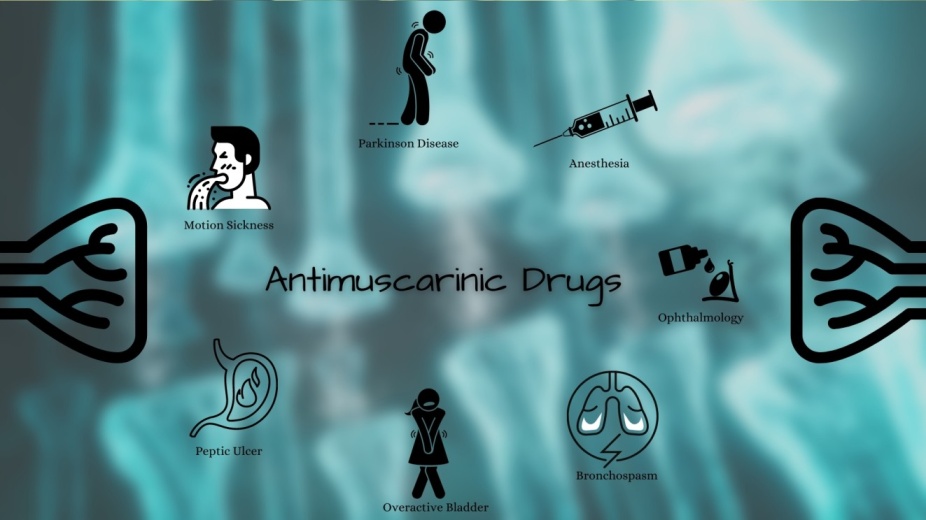Learn about medical uses, safety profile, mechanisms and interactions of statins.

Click here to find out how ACE inhibitors cause vasodilation and know why these medications are effective in treatment of hypertension.

ACE inhibitors are a class of drugs that are used in the treatment and management of high blood pressure and heart failure. Find a list of ACE inhibitors in this article.

Proton Pump Inhibitors (PPIs) are used in the treatment of heartburn, gastric ulcers and various acid related disorders, Examples of PPIs include: Omeprazole, Lansoprazole and…

Ganglionic blockers and neuromuscular-blocking agents antagonize the muscarinic and nicotinic receptors.

In order to understand Antimuscarinic drugs properly, it's required to classify them according to their chemistry.
